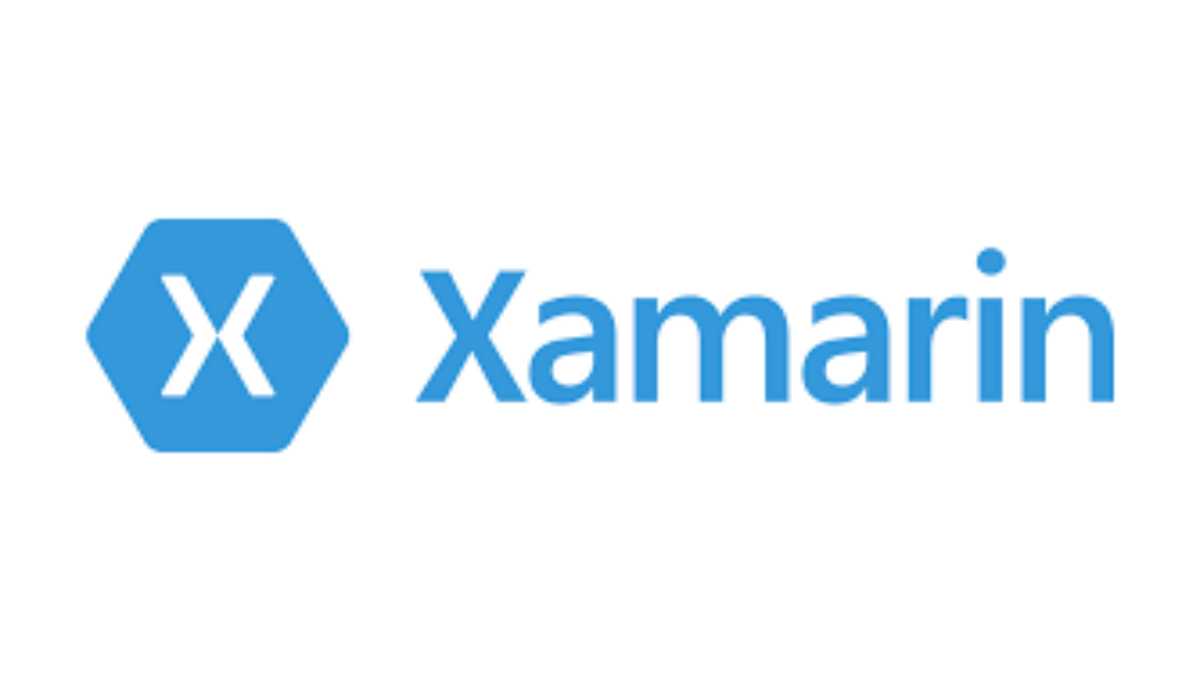The quest for the “best” framework for mobile app development is akin to searching for the perfect tool in a craftsman’s toolbox—there is no universally superior option. Instead, the choice depends on a multitude of factors, including your project’s requirements, your development team’s expertise, and your budget and timeline constraints. In this guide, we will explore some of the leading frameworks for mobile app development, allowing you to make an informed decision based on your specific needs.
Native App Development
Before delving into cross-platform frameworks, let’s briefly discuss native app development. Native apps are developed for a specific platform, such as iOS or Android, using platform-specific languages and tools (Swift/ Objective-C for iOS and Java/Kotlin for Android). While they offer the best performance and user experience, they require separate development efforts for each platform.
Pros of Native App Development
- Superior performance: Native apps are optimized for the specific platform, ensuring excellent performance.
- Access to native features: Developers can leverage the full range of platform-specific features and capabilities.
- Better user experience: Native apps offer a seamless user experience, consistent with the platform’s design guidelines.
Cons of Native App Development
- Higher development costs: Developing separate apps for iOS and Android can be expensive.
- Longer development time: Building two separate apps takes more time than developing a single cross-platform app.
- Maintenance challenges: Managing and updating two codebases can be challenging.
Cross-Platform App Development
Cross-platform app development frameworks have gained popularity due to their ability to build apps that work on multiple platforms with a single codebase. Let’s explore some of the best cross-platform frameworks:
React Native

React Native, developed by Facebook, has become one of the leading cross-platform frameworks. It allows developers to build mobile apps using JavaScript and React, a popular web library.
Pros of React Native
- Single codebase: Develop for both iOS and Android with a single codebase.
- Rich ecosystem: Access to a vast library of pre-built components and third-party plugins.
- Native performance: React Native apps offer near-native performance through native modules.
Cons of React Native
- Limited access to native features: Some advanced platform-specific features may require custom native modules.
- Smaller talent pool: Finding experienced React Native developers can be challenging.
- Frequent updates: Keeping up with platform updates and React Native releases can be time-consuming.
Flutter

Flutter, created by Google, is another prominent cross-platform framework. It uses the Dart programming language and provides a rich set of customizable widgets for building visually appealing apps.
Pros of Flutter
- Beautiful UI: Flutter offers a rich set of widgets for creating stunning user interfaces.
- Fast development: Hot-reload feature allows developers to see changes instantly.
- Single codebase: Develop for iOS, Android, web, and desktop platforms from a single codebase.
Cons of Flutter
- Smaller community: Flutter’s community is smaller compared to some other frameworks.
- Learning curve: Developers new to Dart may face a learning curve.
- Limited native modules: Some platform-specific features may require custom development.
Xamarin

Xamarin, now a part of Microsoft, allows developers to build cross-platform apps using C# and .NET. It provides a single codebase for iOS, Android, and Windows apps.
Pros of Xamarin
- Strong integration with Microsoft technologies: Ideal for businesses using Microsoft’s ecosystem.
- Native performance: Xamarin apps compile to native code, offering excellent performance.
- Access to platform-specific APIs: Xamarin provides access to a wide range of native features.
Cons of Xamarin
- Licensing costs: Some features require a paid license, which can be expensive.
- Larger app size: Xamarin apps may have a larger file size due to the inclusion of the Xamarin runtime.
- Platform-specific UI: Achieving a platform-specific look and feel may require additional effort.
NativeScript
NativeScript is an open-source framework that allows developers to build cross-platform apps using JavaScript, TypeScript, or Angular. It provides direct access to native APIs.
Pros of NativeScript
- Native performance: NativeScript apps offer near-native performance.
- Access to native APIs: Full access to platform-specific APIs and features.
- Large plugin ecosystem: A wide range of plugins and extensions are available.
Cons of NativeScript
- Limited UI components: The UI component library is not as extensive as some other frameworks.
- Smaller community: NativeScript’s community is smaller compared to React Native or Flutter.
- Learning curve: Developers new to NativeScript may face a learning curve.
Conclusion
Choosing the best framework for mobile app development depends on various factors, including your project requirements, budget, timeline, and the skills of your development team. Each framework has its strengths and weaknesses, making it essential to evaluate them thoroughly.
In summary, here’s a quick reference:
If you prioritize performance and can allocate separate development efforts for iOS and Android, native app development is the way to go.
If you aim for cross-platform development, consider:
- React Native: Great for JavaScript and React developers seeking a balance between performance and development speed.
- Flutter: Ideal for creating visually appealing apps with a single codebase, especially if you value a consistent UI across platforms.
- Xamarin: A solid choice for businesses in the Microsoft ecosystem looking for native performance and access to platform-specific features.
- NativeScript: A good option for JavaScript and Angular developers who need direct access to native APIs.
Ultimately, the best framework for your mobile app project will depend on your specific needs and preferences. Regardless of your choice, remember that staying up-to-date with platform updates and community support is crucial for a successful app development journey.







